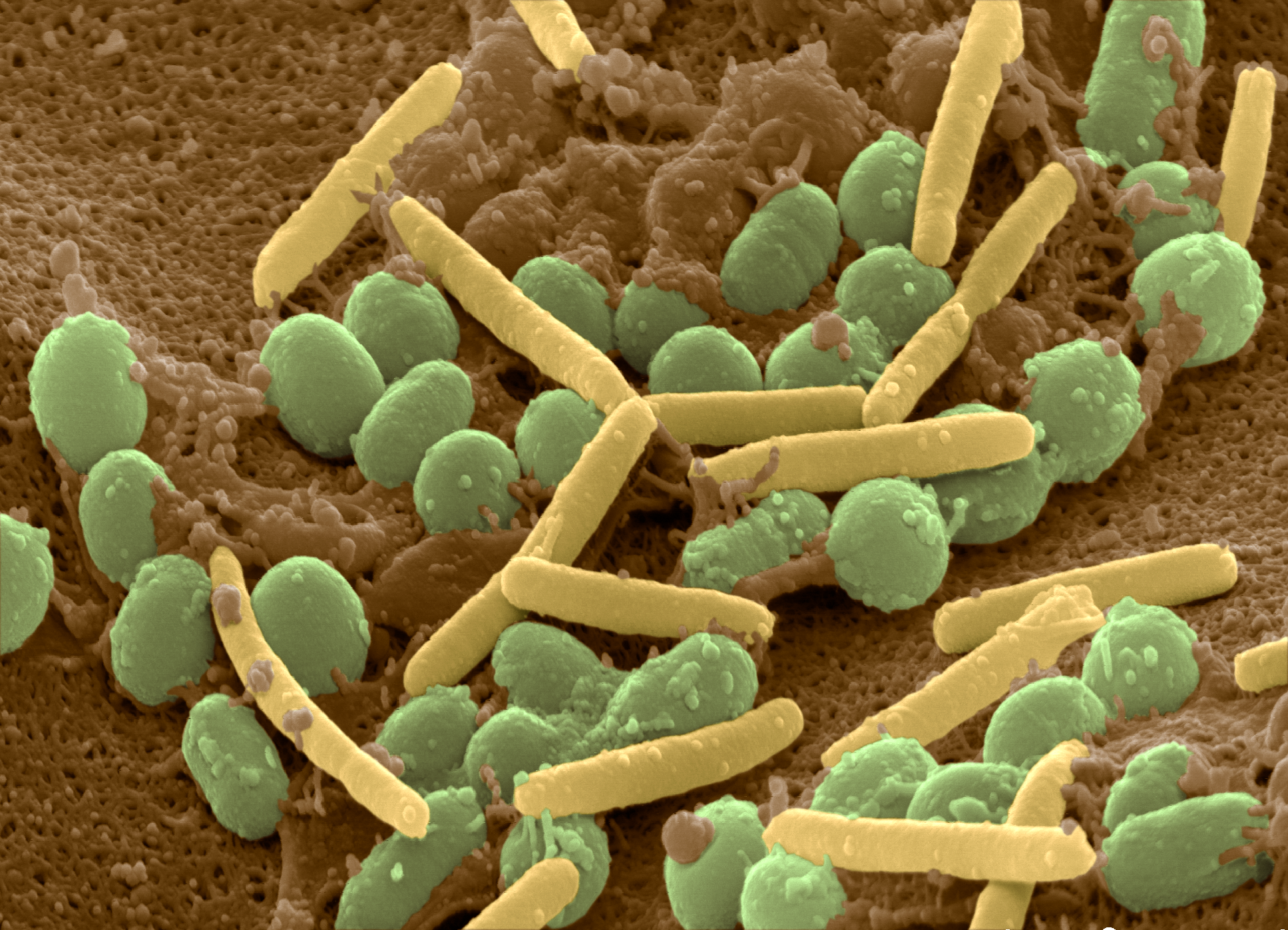
Background
Cooperative organisms adapt evolutionarily to social environments in which individuals differ in their expression of other-beneficial behaviors. In some social environments, some individuals gain a fitness advantage over others - at least in the short term - by benefiting from cooperative behavior performed by others while not cooperating reciprocally. Such social exploitation resulting in a fitness advantage is often labeled ‘cheating’.
MyxoEE-5 was designed to ask whether and how cooperative lineages of M. xanthus that repeatedly co-develop with a non-evolving developmental cheater would evolve to suppress cheating.
Design summary: Four populations founded by a developmentally profiecient strain of M. xanthus with an antibiotic-resistance marker alternated over 20 cycles between vegetative growth in liquid culture and co-development with a developmentally defective and antibiotic-sensitive cheater. The cheater was killed off and reintroduced each cycle and thereby prevented from evolving.
Highlights
Evolution of self-beneficial policing - Evolving lineages reversed their ancestral condition of within-group fitness inferiority to a developmental cheater into competitive superiority over it, thereby preventing cheating.
Third-party benefits - Populations that evolved to suppress cheating benefit their cooperative ancestor in 3-party mixes with that ancestor and the cheater.
Suppression of multiple cheats - Suppression of the MyxoEE-5 cheater carries over to other cheater genotypes not encountered during MyxoEE-5.
Cheating police - Populations that evolved immunity to cheating also evolved reduced spore production in the absence of the cheater, as well as the ability to cheat on their own ancestor.
Publication
Manhes, P. and G. J. Velicer. 2011. Experimental evolution of selfish policing in social bacteria. Proceedings of the National Academy of Sciences USA. READ IT HERE